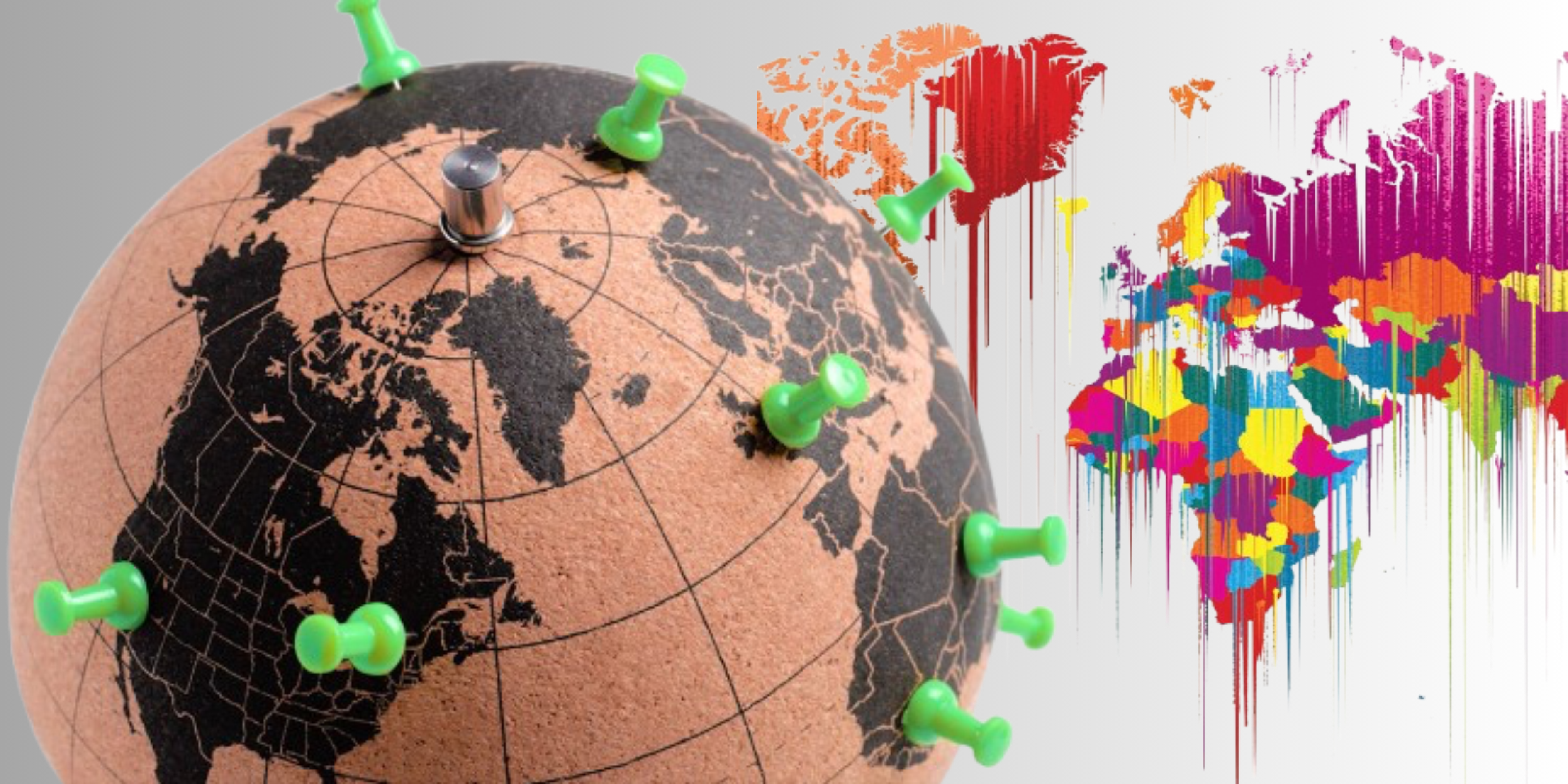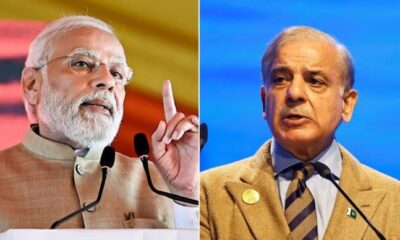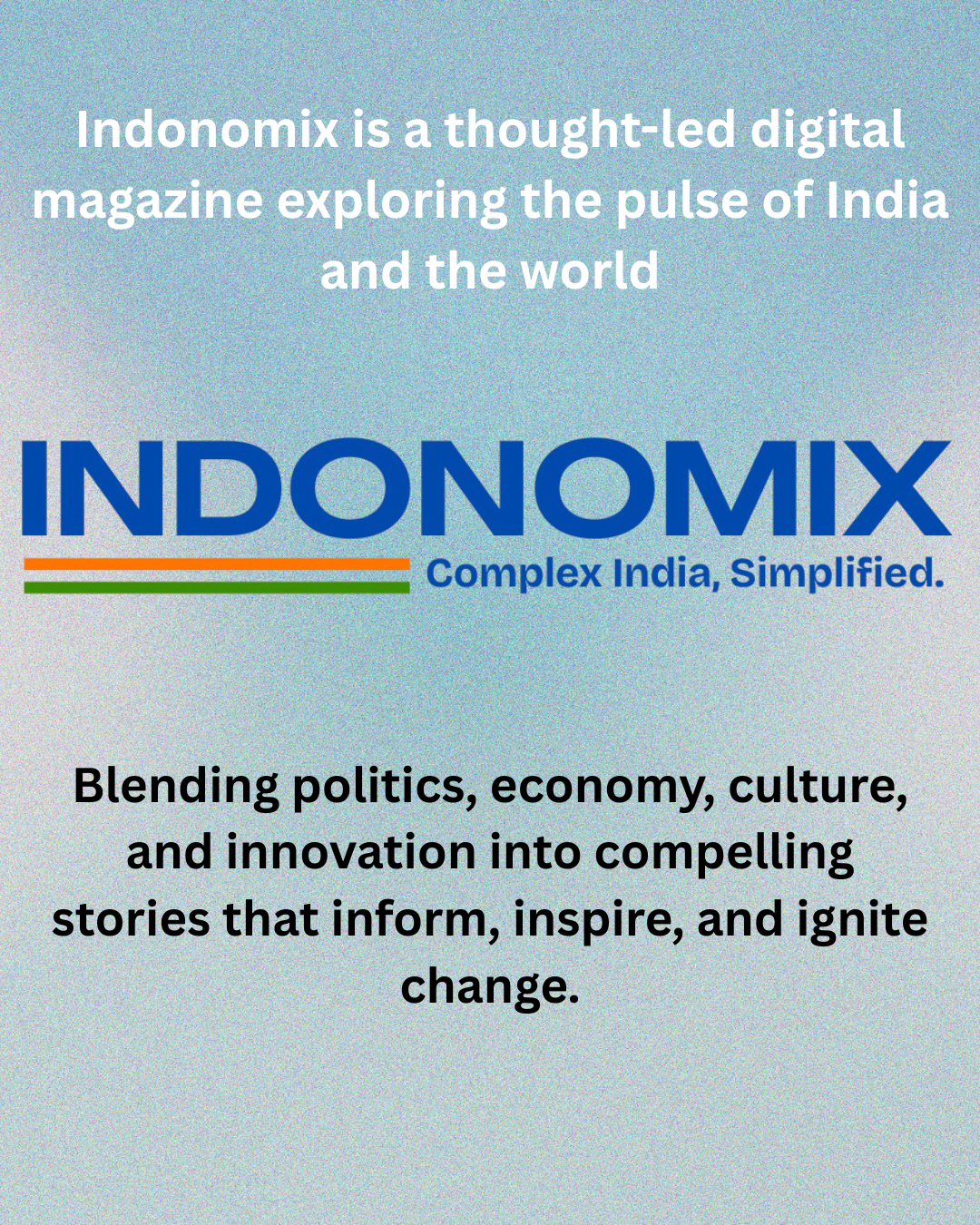We are not merely witnessing a political transition; we are navigating through a profound civilizational restructuring. Approximately five centuries ago, a significant shift occurred in Europe when the mercantile class formed a strategic alliance with political power. This coalition birthed a new construct—the nation-state. Its primary aim was to ensure stability and security for commerce. Borders were delineated, the notions of citizenship and passports were established, and nationalism was carefully cultivated to emotionally bind the masses to this emerging system. From a commercial standpoint, it was an immensely successful experiment.
However, the world has changed. The 21st-century merchant—today’s global corporation—is no longer tethered to the boundaries of any single nation. Its consumers, factories, data, and profits are spread across continents. For such transnational entities, the traditional nation-state—with its regulatory frameworks, labor laws, and territorial constraints—has become a limitation rather than a support. What these corporations desire is a borderless world—an open marketplace where policies, resources, labor, and populations are all subject to seamless extraction and control.
This marks the beginning of the nation-state’s decline.
Many interpret the actions of leaders like U.S. President Donald Trump as erratic or impulsive. Yet this view misses a deeper strategic recalibration. Far from being outliers, such leaders function as key agents in the construction of a new global order. The slogan “America First” may appear isolationist, but its underlying objective is to dismantle old institutions—such as the WTO and multilateral climate accords—and replace them with a framework aligned with corporate interests. Trump’s disengagement from traditional diplomacy in favor of transactional politics is emblematic of this new paradigm, where it is capital—not the state—that determines the rules.
This phenomenon is not confined to the United States. Brexit in the United Kingdom, the privatization drive in India, the resurgence of right-wing politics across Europe, and China’s expansionist strategies powered by data and technology—each of these trends reflects different facets of a rapidly emerging global regime. The state is being redefined. No longer a sovereign guardian of public interest, it is increasingly a facilitator—a contractor whose role is to enable smooth operations for corporate power.
History offers sobering lessons for those who resist this tide. Leaders such as Muammar Gaddafi, Saddam Hussein, and numerous Latin American reformers were systematically delegitimized and eliminated. Even today, dissenting voices are swiftly branded as “authoritarian,” “anti-democratic,” or “disruptive.” Media trials and reputational warfare have replaced military coups. Narrative, not arms, has become the primary tool of enforcement.
Can this transformation be reversed?
The answer is complex. The most insidious feature of this new order is its seductive appearance—soft, voluntary, and even desirable. It does not advance with tanks but with tailored messages. It does not enforce through war, but through the creation of aspirational narratives. Citizens themselves, lured by the promise of efficiency and convenience, are willing to surrender data sovereignty, privacy, and civil liberties.
Thus, the nation-state as traditionally conceived is nearing obsolescence. What is emerging in its place is a borderless, corporate-governed, data-driven world order. It may retain the formal architecture of democracy, but its spirit will have fundamentally altered.
The question is not only whether we can resist this transformation—but whether we can even recognize it in time.
By Shashi Singh

 Culture & Society2 months ago
Culture & Society2 months ago
 Culture & Society2 months ago
Culture & Society2 months ago
 Tech2 months ago
Tech2 months ago
 Opinion2 months ago
Opinion2 months ago
 Business2 months ago
Business2 months ago
 Culture & Society2 months ago
Culture & Society2 months ago
 Culture & Society2 months ago
Culture & Society2 months ago
 iNational Indic2 months ago
iNational Indic2 months ago

















